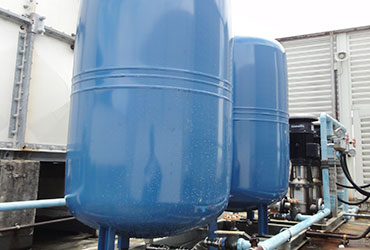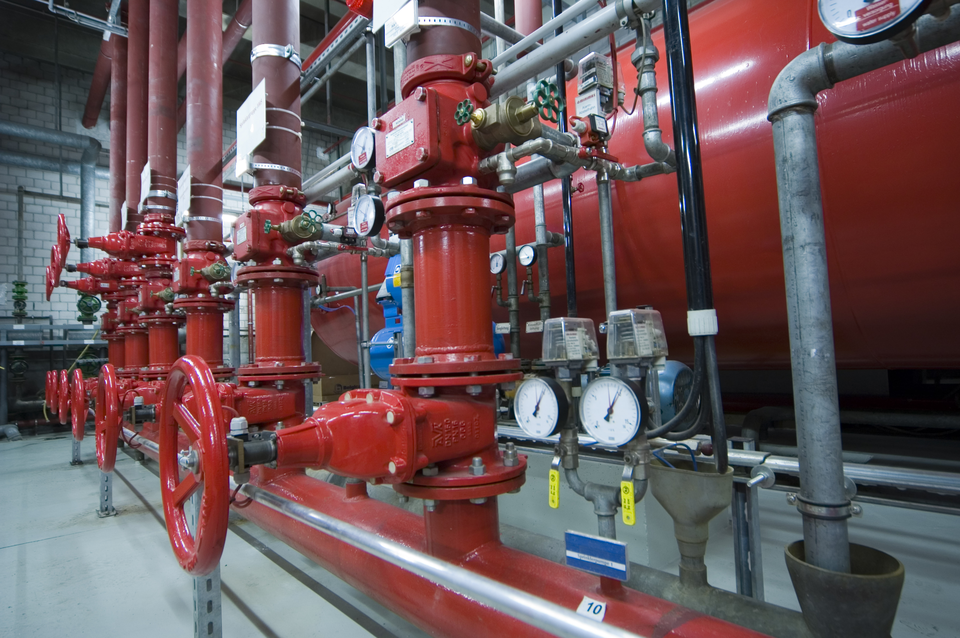Helpful Solutions for Handling Low Water Pressure in Your Home
Helpful Solutions for Handling Low Water Pressure in Your Home
Blog Article
Every person may have their personal conception when it comes to Dealing with Low Water Pressure in Your Home.

Low water pressure in your house can be an irritating problem, impacting everything from showering to washing meals. If you're experiencing weak water flow, there are several feasible reasons and options to discover. In this guide, we'll talk about usual reasons for low tide stress and practical actions to deal with the concern efficiently.
Intro to Low Water Stress
Low water stress happens when the flow of water from your faucets, showers, and other components is weaker than usual. This can make everyday tasks extra tough and less efficient. Understanding the causes of low water stress is important to discovering the best service.
Common Root Causes Of Low Water Pressure
Faulty Pressure Regulators
Stress regulatory authorities are accountable for maintaining regular water pressure in your home. If they malfunction, it can result in low water stress or unequal flow throughout the house.
Community Water Issues
Occasionally, the problem exists outside your home. Local water supply concerns, such as main line leakages or maintenance job, can temporarily lower water pressure in your location.
Pipeline Obstructions
Over time, pipes can become blocked with natural resource, sediment, or debris, restricting the circulation of water. This is an usual concern in older homes with galvanized steel pipelines.
Corrosion
Deterioration within pipes can lead to leakages and minimized water pressure. Rust build-up can constrict water circulation, specifically in maturing plumbing systems.
Just How to Detect Low Water Stress
Checking Pipelines
Examine noticeable pipelines for indicators of leaks, deterioration, or blockages. Pay attention to any unusual sounds, such as banging or rattling pipelines, which can indicate issues within the plumbing system.
Consulting with a Plumber
If you're not able to identify the cause of low water stress, consider working with a specialist plumber to carry out a detailed evaluation. They can determine underlying issues and suggest suitable options.
Inspecting Taps and Fixtures
Begin by testing the water pressure at various taps and components throughout your home. If the issue is isolated to specific locations, it may suggest local issues.
DIY Solutions to Deal With Low Water Pressure
Flushing Hot Water Heater
Debris accumulation in the water heater can restrict flow and reduce effectiveness. Purging the storage tank regularly helps eliminate debris and maintain optimal performance.
Checking Pressure Regulatory Authority
Make sure that the stress regulatory authority is operating appropriately. Changing or changing the regulatory authority can aid restore appropriate water pressure throughout your home.
Cleaning Up Aerators and Showerheads
Mineral deposits can accumulate in aerators and showerheads, decreasing water flow. Get rid of and clean these parts consistently to boost water stress.
Cleaning Clogs in Piping
For minor clogs, attempt using a plumbing serpent or chemical drainpipe cleaner to clear obstructions in pipes. Beware when utilizing chemicals and comply with safety guidelines.
When to Call an Expert Plumber
If do it yourself initiatives stop working to deal with the problem or if you believe significant plumbing issues, it's best to look for support from a qualified plumber. They have the proficiency and devices to deal with complicated issues safely and properly.
Preventive Measures to Maintain Water Pressure
Setting Up a Pressure Booster
Take into consideration setting up a pressure booster pump to boost water stress in areas with consistently reduced circulation. This can be specifically useful for multi-story homes or homes with high-demand fixtures.
Tracking Water Usage
Bear in mind water use routines and avoid overtaxing the plumbing system. Simple modifications, such as shocking showers and washing lots, can assist maintain appropriate water stress.
Regular Maintenance
Arrange regular upkeep for your plumbing system to avoid problems such as deterioration, leakages, and blockages. Attending to minor troubles early can help prevent even more substantial fixings in the future.
Final thought
Handling low tide pressure can be irritating, yet determining the underlying reasons and carrying out suitable options can recover optimal flow throughout your home. Whether it's cleansing aerators, evaluating pipes, or consulting with a plumber, taking proactive actions can make certain a constant supply of water for your day-to-day needs.
FOUR WAYS TO FIX LOW WATER PRESSURE NOW
Turning on a shower or faucet only to find the water comes out in a sad, slow drizzle is never a good feeling. How exactly are you supposed to wash a pan or take a quick shower when it takes 10 minutes just to rinse off a little soap? The good news is that when your water pressure is bad, there's always a cause: typically one that can be easily fixed. Here are some of the most common causes of low pressure and what you can do to fix the issue:
DEBRIS AND MINERAL DEPOSIT BUILDUPS
If you notice low water pressure from just one or two of the fixtures in your house, the problem likely has to do with debris buildup. Water is full of minerals and other debris, all of which can accumulate in your pipes and on your fixtures. This can cause a blockage that affects how much water flows through. To fix this, try filling a small plastic bag with white vinegar, and use a rubber band to hang it around your showerhead or faucet. Let the head of the fixture soak for a few hours, and the vinegar should loosen the deposits.
WATER LEAKS
Leaks are another common cause of low water pressure. If water is flowing out of your plumbing through a hole or crack before it can reach your fixture, the pressure coming out of the faucet or showerhead will be lower. A plumbing professional is your best bet for finding and repairing a leak in your water supply pipes.
Leaks are another common cause of low water pressure. If water is flowing out of your plumbing through a hole or crack before it can reach your fixture, the pressure coming out of the faucet or showerhead will be lower. A plumbing professional is your best bet for finding and repairing a leak in your water supply pipes.
A VALVE ISSUE
If you have low water pressure throughout your home, check your main shut-off valve to make sure it's completely open. You may also want to see if there's a pressure-reducing valve installed. If there is, have a plumber help you adjust the settings to get the pressure you're looking for.
OTHERS USING WATER
Believe it or not, your low water pressure could be caused by your neighbors. If you notice low pressure at certain times of day, it may be because you and the people living next to you have similar schedules - when everyone is showering at the same time, the pressure will be lower in every home. Low pressure throughout the neighborhood may also be caused by an issue with your municipal water supply. If that's the case, call the supplier to see if they're working on the issue.
https://www.rotorooter.com/blog/water-leaking/low-water-pressure-fixes/

I'm just very interested by and I am hoping you liked the entire piece. So long as you appreciated our article plz be sure to share it. I truly appreciate your readership.
Click Here Report this page